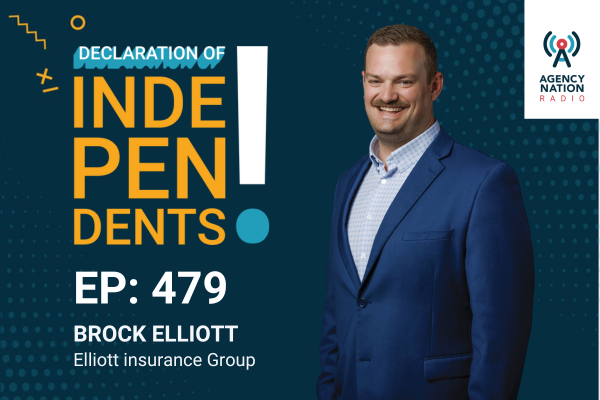5 Things Every Agency Website Should Have

By: Paul Kerrigan
When’s the last time you took stock of your agency’s website?
It’s an area where many agencies are struggling to keep up—and consumers aren’t helping. Online interaction continues to soar, and Google recently announced that mobile search volume has surpassed desktop volume.
Whether your website is in need of a check-up or a full-blown makeover, here are five things every agency website needs:
1) Purpose. Your website needs a solid call to action. If its purpose is to generate leads, include a contact form. If its purpose is to initiate a quoting process, give visitors the ability to provide you with the information you need. Once you determine what action you want your visitors to take on your page, you can start to build your content.
2) Useful and engaging content. Keep content simple, purposeful and relevant. Don’t forget to include contact information like phone numbers, email addresses and physical addresses. Think about the path you want to take your users on and provide easy navigation tools, like top or side navigation bars. Make it easy to find information with the fewest clicks possible. Add a blog, customer testimonials or customer reviews.
3) SEO. Where you rank when someone searches “insurance” or “insurance agent” is important. Leverage proper HTML and CSS coding and implement a strategy to ensure the proper technical and creative elements are in place to improve your online ranking. Make sure your pages have proper tags: Search engines utilize spiders to “crawl” your page to index its content and determine relevance. These spiders can read text, but not pictures, so include all crucial information as text. Note that fresh content generates new “crawls.”
4) Clear success metrics. Establish clear measures that align with the purpose of your site. Google Analytics (google.com/analytics) is a free tool that’s easy to implement and will provide you insight into traffic origin, visitor demographics and general site metrics. Use your analytics to inform your website strategy. Try new approaches, measure and implement what works, then rinse and repeat.
5) Responsive design. Create an experience that’s easy to navigate on a small screen and build from there. Google rolled out a new search algorithm that prioritizes mobile-optimized sites when displaying organic search results on mobile devices.
Paul Kerrigan is manager of agency marketing services at Progressive.
Brand IdentityWhen defining your agency’s brand, consider the voice, tone and personality you want to project. That brand identity should come across on all your online platforms—website, Twitter, Facebook—consistently, like using the same logo or color scheme. Your website is also a great place to link all your online platforms together, so include links to social media pages. You can even highlight your rock-star employees, using multimedia like photos and video to tell their stories. —P.K. |










